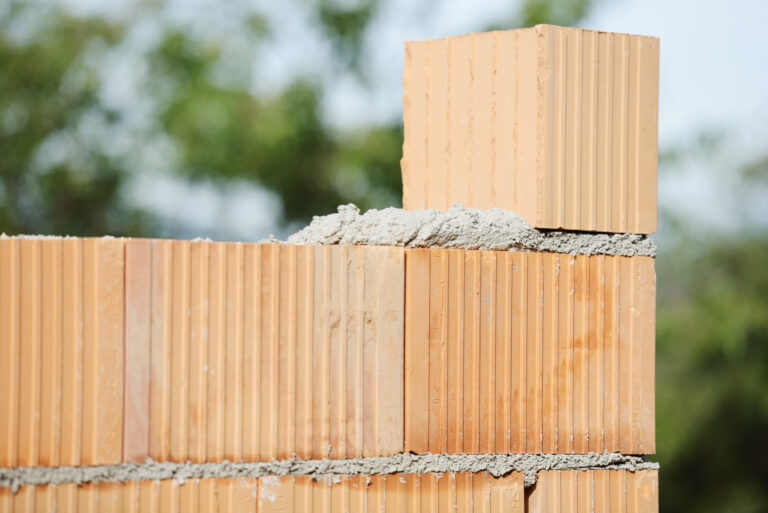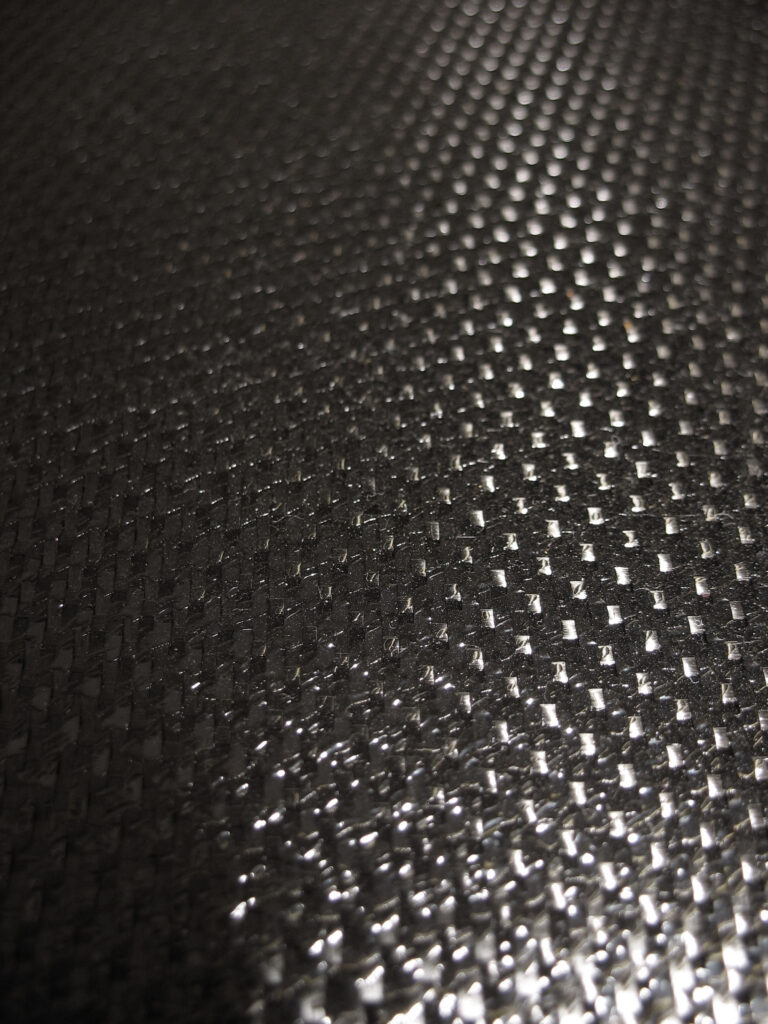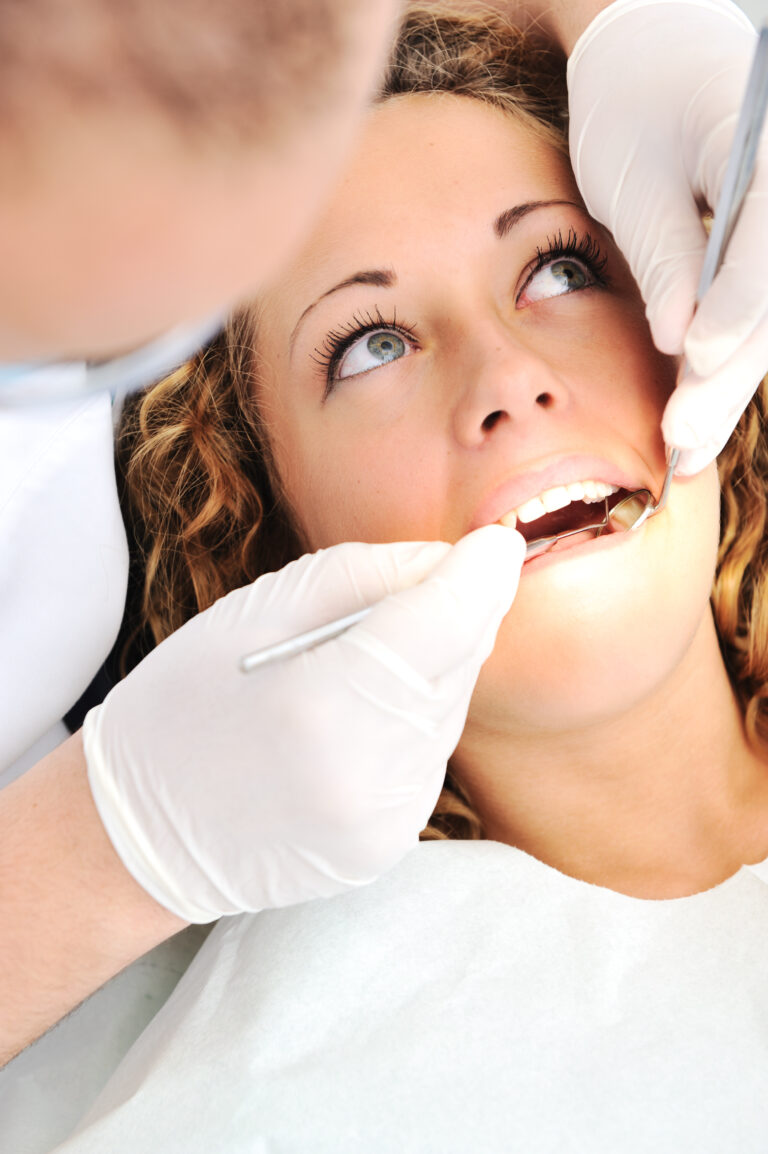The Science Behind Mold Toxicity: Why It’s So Important to Address Mold in Your Living Space
Mold is a common problem that affects many homes and buildings. While some people may not think much of it, mold can have serious health effects when left unchecked. In this article, we will explore the science behind mold toxicity and why addressing mold in your living space is so important for your overall well-being.
Introduction to Mold Toxicity
Molds are fungi that grow in damp or wet environments. They produce tiny spores that float through the air and can be easily inhaled by humans and animals. When these spores land on a surface with enough moisture, they begin to grow and spread rapidly. The presence of mold can lead to a variety of health problems, particularly if the individual has an underlying sensitivity or allergy to mold.
Health Effects of Exposure to Mold
Exposure to mold can cause a range of symptoms, including respiratory issues such as coughing, sneezing, and difficulty breathing. Other potential health effects include headaches, fatigue, skin rashes, and digestive problems. Some individuals may experience more severe reactions, such as fever, chills, and joint pain. Additionally, exposure to certain types of mold can lead to long-term health complications, such as chronic inflammation and immune system disorders.
Diagnosing and Treating Mold-Related Illnesses
If you suspect that you or someone in your household is experiencing health problems related to mold exposure, it’s essential to seek medical attention right away. A doctor can perform tests to determine whether you have a mold allergy or sensitivity and provide appropriate treatment options. This may involve medications to manage symptoms, as well as steps to reduce exposure to mold in your home environment.
Preventing Mold Growth in Your Home
The best way to prevent mold growth is to keep your home dry and well ventilated. Here are some tips to help prevent mold in your living space:
1. Fix any leaks or water damage immediately.
2. Use exhaust fans in bathrooms and kitchens to remove excess moisture from the air.
3. Keep indoor humidity levels below 60%.
4. Clean surfaces regularly to prevent mold buildup.
5. Check areas prone to condensation, such as windows and exterior walls, for signs of mold growth.
In conclusion, mold toxicity is a significant health concern that should not be ignored. By taking proactive measures to prevent mold growth in your home and seeking medical attention if necessary, you can protect yourself and your family from the negative health effects associated with mold exposure.





